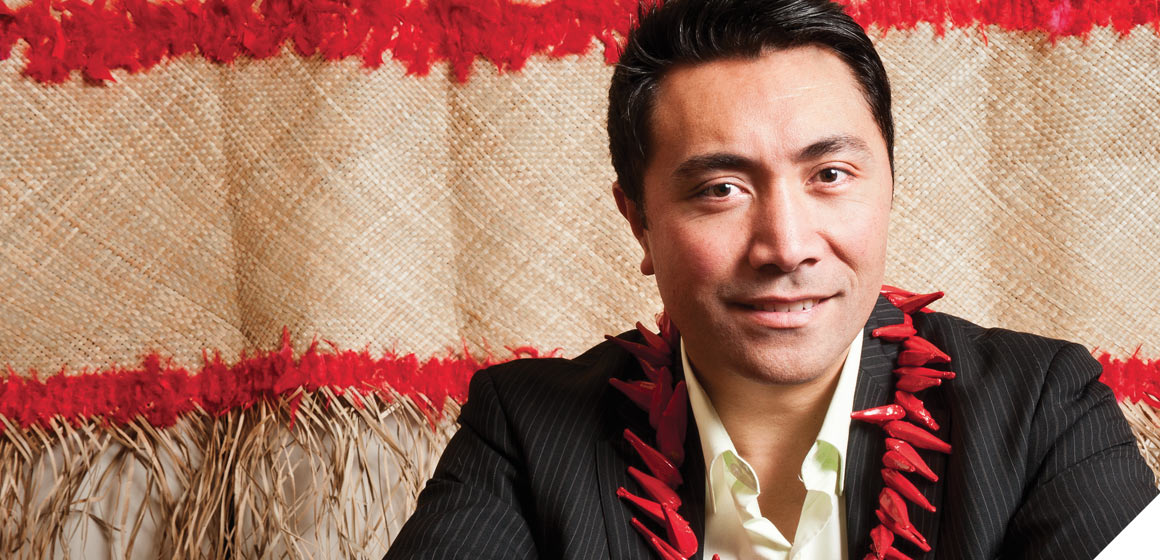
Development policies are being implemented too quickly in Pacific island countries, to the detriment of their people, according to Dr Iati Iati, a lecturer in Otago's Department of Politics.
Iati says policies introduced to fit in with the so-called "good governance agenda" of the World Bank and International Monetary Fund are adversely affecting traditional institutions and the rights and welfare of the people.
"I have no issue with the good governance programme as such. It's up to the people of the Pacific to decide where they want to go. What I have an issue with is the way they are implementing the programme, which is way too fast and without the majority of people in the Pacific understanding the policies and their implications."
Born in Samoa, Iati's research on the social and political implications of the good governance agenda has focused on Samoa, although he says other Pacific countries are sharing similar experiences.
"The reason I have picked Samoa is because it is recognised as being one of the most enthusiastic in adopting these reforms."
Iati cites, as one example, policies that are intended to reform customary land tenure systems. "In most Pacific island countries at least 80 per cent of land is held under customary land tenure, but the good governance agenda means they need to change this customary land tenure basis to allow for investment to take place."
Iati says that, because the Samoan constitution prevents customary land from being sold, the government has, instead, introduced a leasing system under which land has been leased – in one case, for 120 years – which effectively alienates land from customary landowners.
New Zealand and Australia need to ensure that development takes place at a rate that ordinary people – and not just the government and business sectors – understand and are involved in the process.
"When poor customary landowners lease their land to a rich investor who builds a $100 million hotel on that land, the customary landowners cannot get back the land at the end of the lease arrangement unless they are able to pay for the development on that land. Their only other option is to renew the lease, so the most likely case scenario is there will be a perpetual lease and they will never see their land again."
He says he has interviewed chiefs who support the lease system because they mistakenly believe that when the lease ends they will be given the hotel as well as the land. Iati says the law now, additionally, allows for leases to be mortgaged, which can also effectively alienate the land. "You can't take out a mortgage on the land, but you can take out a mortgage on the lease, which means if the lease goes sour the bank can sell the lease to another person."
He believes New Zealand and Australia need to ensure that development takes place at a rate that ordinary people – and not just the government and business sectors – understand and are involved in the process.
"New Zealand and Australia exert considerable influence on Pacific island countries and pushing for good governance when providing development aid, without adequate consultation with the ordinary people, contributes to such things as the undermining of traditional institutions and rights."
Funding
- University of Otago